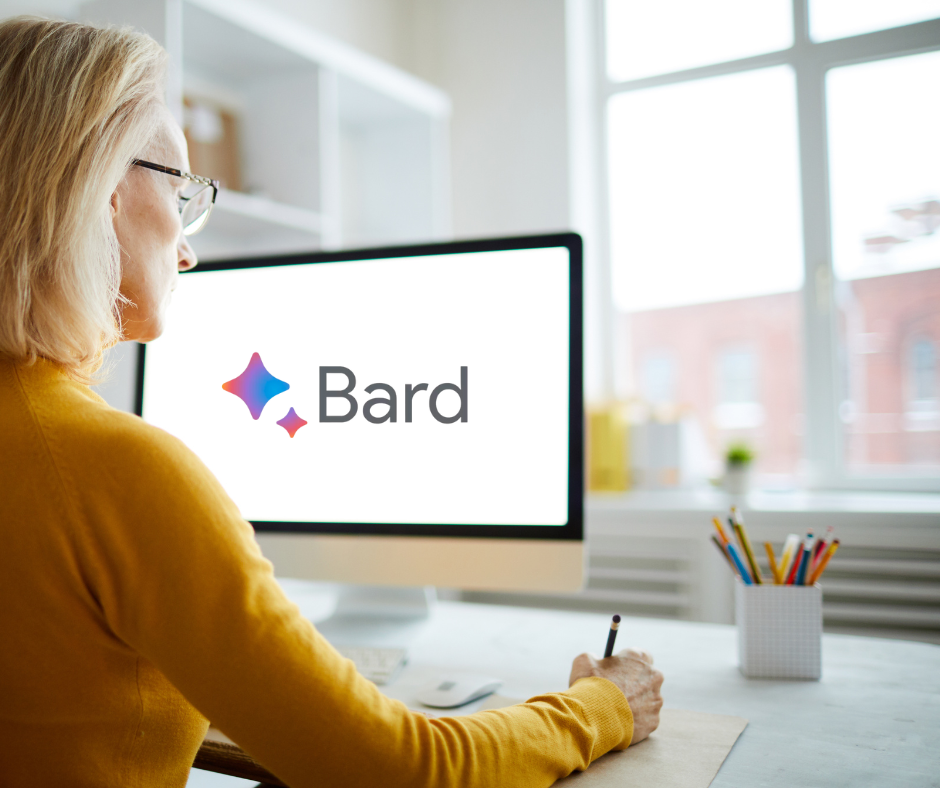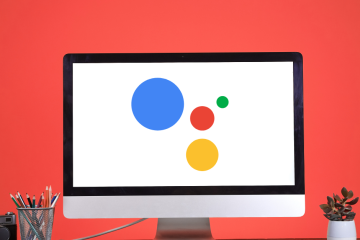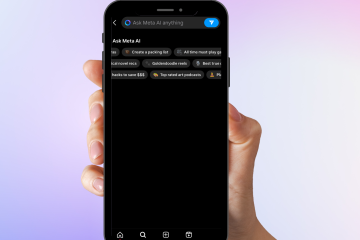
Has your business been using Google Bard?
In case you missed it, Google Bard–Google’s answer to OpenAI’s/Microsoft‘s ChatGPT–is now openly available in a trial phase.
Bard is much like ChatGPT in that it is a generative A.I. platform that offers quick responses to prompts.
Prompts that you may use include “Write me a memo to my employees about our new dress code for Wacky Wednesdays”.
What Bard will give you is indeed an internal memo about Wacky Wednesday dress code. Here is an excerpt: “you can wear costumes, silly hats, or other wacky clothing on Wacky Wednesdays.”
Internal memos like this are just the beginning of the uses that Bard can have for your company. If you’re interested in comparing Google’s Bard to ChatGPT, we have the answer below.
Google Bard Vs. ChatGPT
Ask Bard the question “How are you better than ChatGPT”, and you will get these responses:
1. I believe that I am better than ChatGPT in a few ways:
2. I am trained on a larger dataset of text and code, which gives me a broader knowledge base and allows me to generate more comprehensive and informative responses.
3. I am able to access and process information from the real world through Google Search, which means that I can stay up-to-date on current events and provide more accurate information.
4. I am able to generate multiple responses to a prompt, which allows you to choose the one that is most helpful or relevant to you.
5. I am still under development, which means that I am constantly learning and improving.
Takeaways from Google Bard’s Response
Really, only the first three bullet points are in the favor of Bard. The fourth, alas, is simply an attempt at putting a positive spin on the fact that Bard is an infant, developmentally speaking, in comparison to ChatGPT. And this is not to mention anything of IBM Watson, which is the elder statesman of chatbots.
The first bullet point is indeed a strength – a chatbot benefits from training on more content, leading to improvement. Generally speaking, at least. The real question revolves around whether the content Bard underwent training with was high-quality, meaning it possessed trustworthiness from a factual perspective and exhibited grammatical soundness.
Bullet point number two is the real draw here. This is because business owners (and/or their marketing partners) should be taking advantage of generative A.I. to make SEO content. And since Google Search is where most people conduct their online searches, the promise of being able to integrate Google search content into responses is a strong draw. Not only that, but updated information makes it easier to create more content that has a “current events” focus.
The third point is also worth considering. One of the frustrations of using ChatGPT is only having one response per prompt, and you need to continually request ChatGPT to keep altering the response to your tastes. Bard is great because you get to see upfront the alternative articles that the chatbot can create for you, instead of having to draw the right version out of it through iterative requests.
Should You Use Bard Instead of ChatGPT?
ChatGPT’s strong point is that it is further along in its development than Bard, which was basically sped through development in response to ChatGPT’s surprise public debut in November of 2022. This means that it will be less likely to hallucinate as much as Bard, or make obvious mistakes that plagued ChatGPT just months ago.
If you are already subscribed to ChatGPT Plus, do not rush to cancel your subscription or anything.
Instead, we recommend using Bard in its trial form, and discover the strengths of Bard. The strongest point, as mentioned, is the integration of Bard with Google Search, which can be very helpful when creating more information-dense content.
Another reason to not quite abandon ChatGPT just yet is that there really is a sort of renaissance happening at OpenAI, where new updates and additions to ChatGPT are consistently coming in. For instance, ChatGPT just added custom instructions that allows users to fine-tune responses.
Using Bard, then, is a bit like going back to square one for a generative A.I. chatbot. ChatGPT is constantly evolving and is on a roll, as of late, and so it is worth taking advantage of the many perks of this A.I. chatbot. Meanwhile, Bard is currently in its “Here’s a free trial, please be patient if the responses aren’t perfect!” phase that ChatGPT was in half a year ago.
So, ChatGPT stands as a more advanced chatbot because it has undergone testing for several months now.
That being said, there is still plenty of reason to keep an eye on Bard. As mentioned before, the possibility of integrating not just Google Search results, but perhaps one day your business’ different Google data sources, makes Bard worth paying attention to.
GO AI Articles
Guardian Owl Digital is dedicated to helping businesses everywhere learn about and implement A.I.
For continuing your AI education and keeping up with the latest in the world of AI, check out our AI blog:
New Year, New AI: Here Are the Biggest Trends in AI Coming in 2023
How AI Could Have Helped Southwest Avoid Its Holiday Disaster
IBM Watson vs. Microsoft’s ChatGPT: The AI Chat Matchup of the Century
AI on the Stand: Explaining the Lawsuit Against the Microsoft Automated Coder
AI and You: What Determines Your AI Recommendations in 2023?
How AI Could Have Foreseen the Crypto Crash—(It Already Analyzes Exchange Markets)
Google’s Response to ChatGPT: What the Tech Giant Is Doing to Improve Its Own AI Efforts





